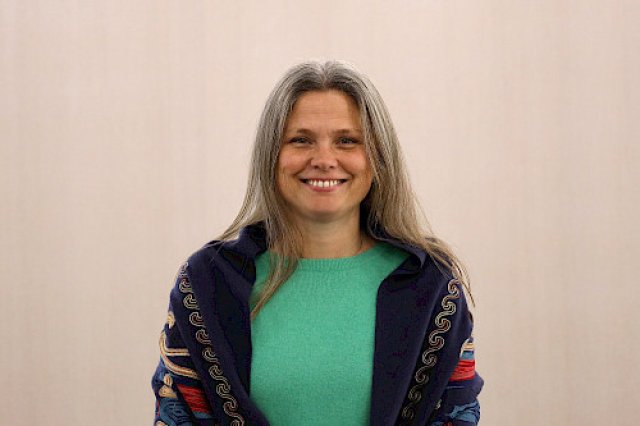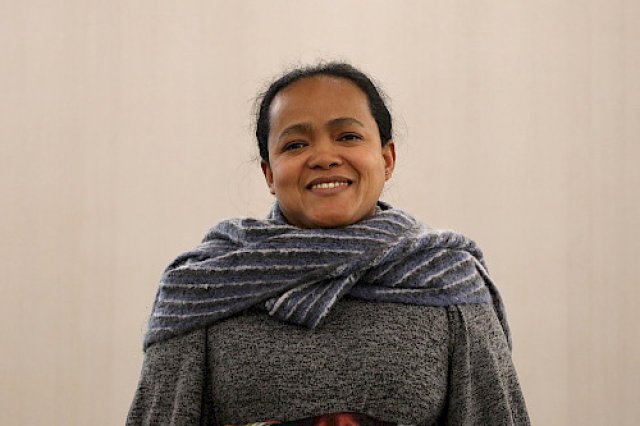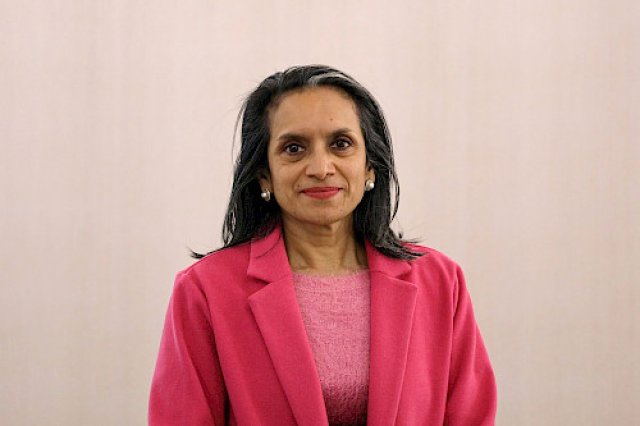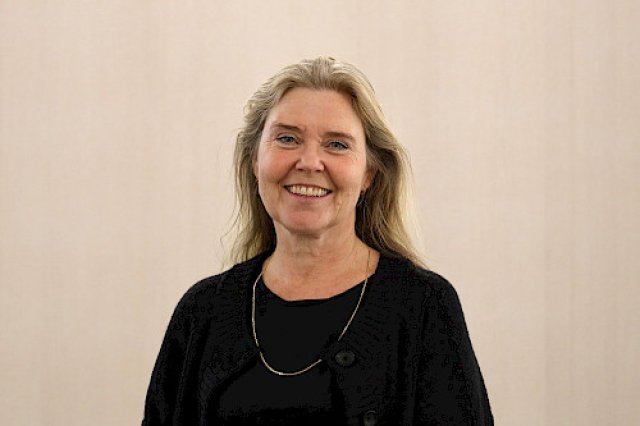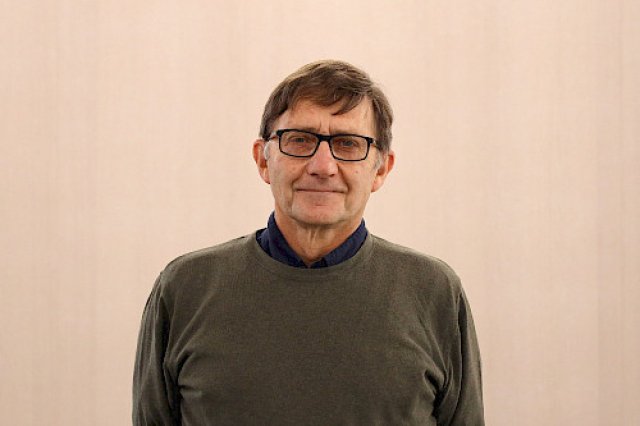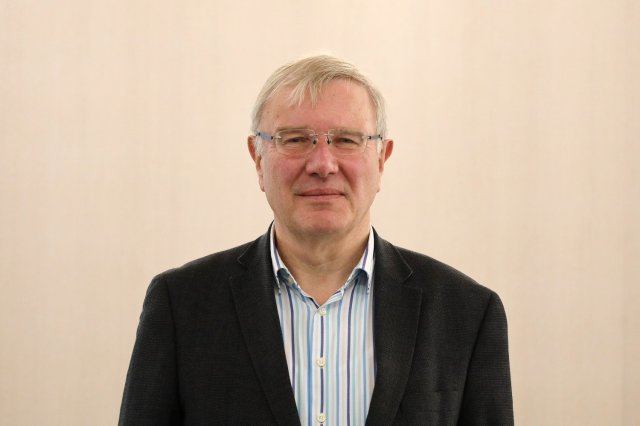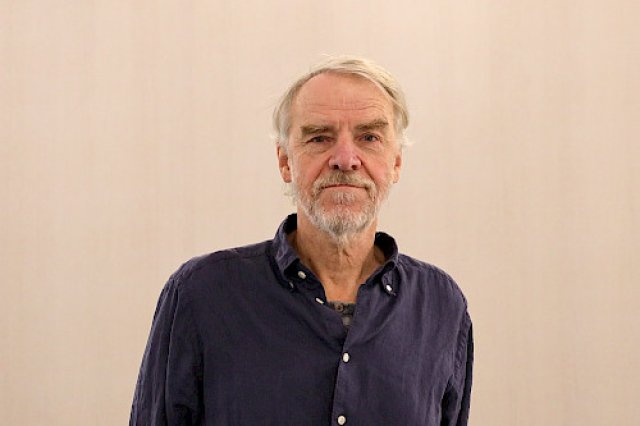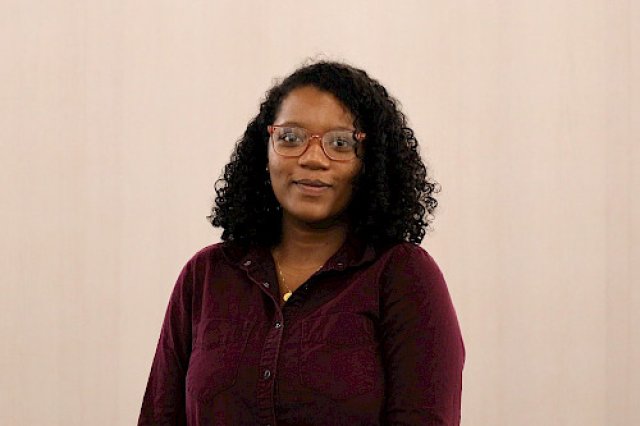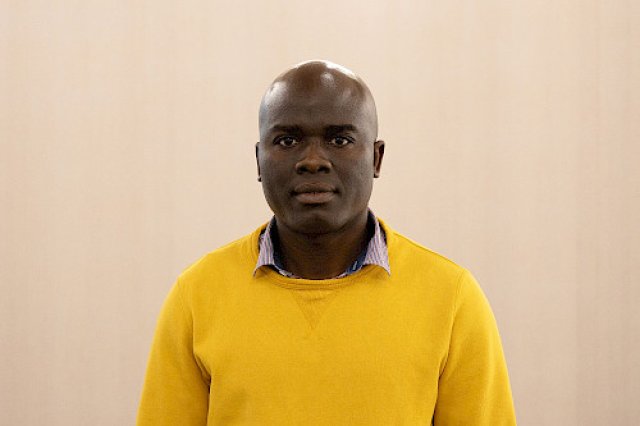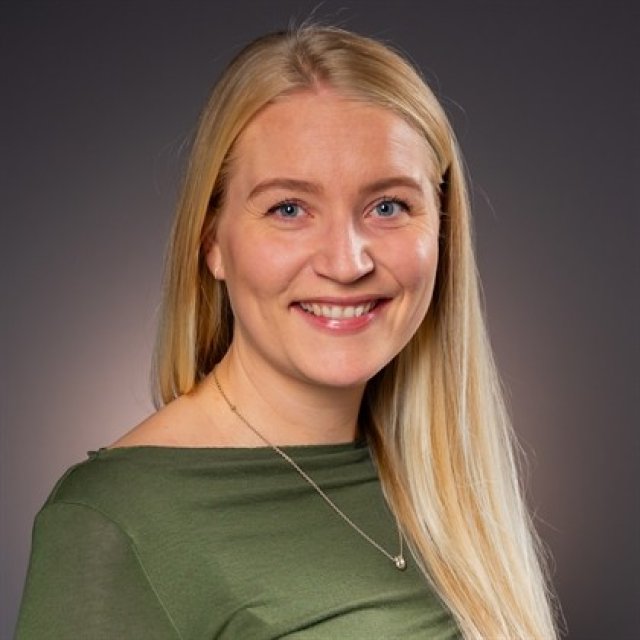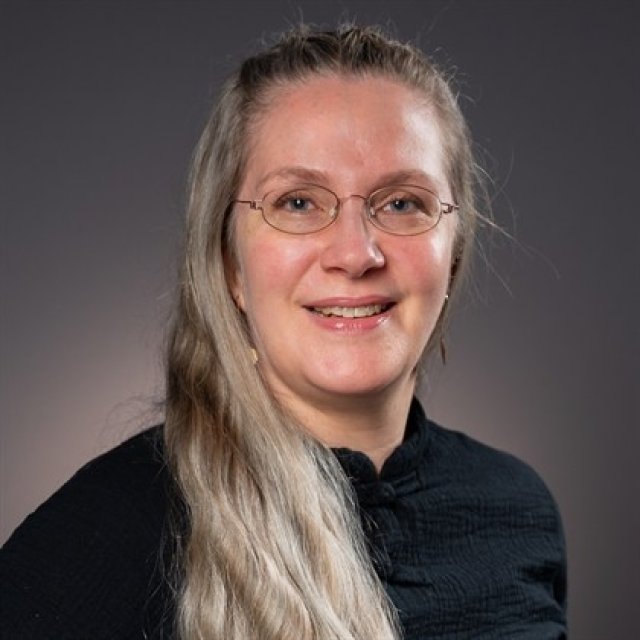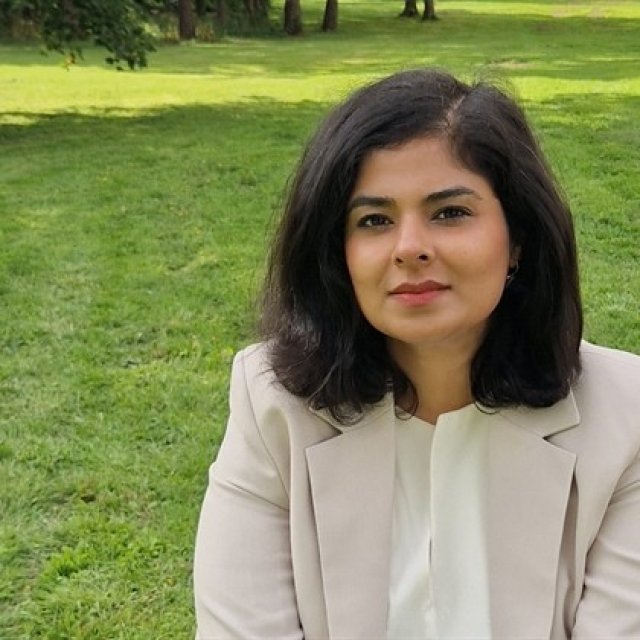
Transloyalties in Citizenship Education (TranCit)
TranCit is about how the teaching of history in secondary school has promoted citizenship, both historically and today. The starting point is the traditional teaching of history and citizenship in our time, and the concept of transloyalties. Because the world has become more globalized and diverse, it has become usual to have multiple and shifting loyalties. We, inspired by another research project at VID, call this ‘transloyalties’.
VIDs role: Project owner
Project manager at VID: Prof. Ellen Vea Rosnes
Project period: 2023-2026
Funding: The Research Council of Norway
Follow us on our LinkedIn- and Facebook-pages for regular updates on our work!
Video presentetion of the TranCit project:
About the project
At school, pupils learn how to be citizens of a country. How did citizenship teaching take place in history classes in Norway after World War II? In post-apartheid South Africa? In Madagascar and Mauritius after the colonial period? And how can citizenship be taught today, when many of the students in the classroom have backgrounds from different parts of the world?
We will explore how citizenship was promoted through history teaching in periods after wars and colonization: in Norway after World War II, South Africa after apartheid, and in Madagascar and Mauritius after the colonial period. The case countries are chosen because they are at different levels according to the Human Development Index, which has implications for the possibilities of acting as local and global citizens.
We will also explore how teachers in secondary schools today can be aware of transloyalties in history teaching and teaching citizenship. Through action research in the four countries, researchers in the project will work with teachers to find out how to teach in a way that recognizes that students today have multiple loyalties.
In addition to scientific articles and chapters, through the project we will publish a toolbox on how teachers can take transloyalties into account in history teaching.
Historians and educational researchers from all the case countries are involved in the project. In addition, two PhD fellows with good knowledge of the context in the countries in question are attached to the project, both in terms of language, history and culture. This knowledge will help them conduct qualitative action research.
Academic publications
Academic publications released as part of the TranCit research project:
- Conceptualisations of citizenship among educational stakeholders in newly independent Madagascar (full article here)
By Prof. Ellen Vea Rosnes and Dr. Helihanta Rajaonarison
This article focuses on post-independence Madagascar, examining how education stakeholders envisioned citizenship for newly independent Malagasy people. Who should Malagasy citizens be loyal to—their village, their nation, or a global community? Drawing from critical citizenship education frameworks, the authors analyze diverse conceptualizations of citizenship in reports from 1960 to 1968. This study offers valuable insights into how different national and international stakeholders shaped citizenship education during a pivotal period in the Malagasy history.
Popular science articles
29.10.2025: Op-ed in Stavanger Aftenblad
On October 17, 2025, Colonel Michael Randrianirina was sworn in as President of Madagascar after President Andry Rajoelina fled the country. He was effectively installed by the country's youth, after Generation Z started a rebellion by mobilizing youth from across the island through social media.
Read the full article here (Norwegian): Generation Z is overthrowing regimes, but will they join the reconstruction?
12.2024 : Op-ed in Stavanger Aftenblad
The TranCit team is in the newspaper!
"Will the reconciliation processes lead to both minorities and majorities learning more about controversial topics in history?" ask Professor Ellen Vea Rosnes, PhD fellow Marie Sophie Lafleur Yallappa, Associate Prof. Brit-Marie Hovland, and PhD fellow Sheena Sheetal Sookrajowa in this article in Stavanger Aftenblad.
"The school plays a particular role in shaping citizens, both locally and globally. Children and youth need knowledge about controversial questions in history and society. They must be invited into a dialogue about complex topics in order to understand themselves and their own history," they emphasize.
Come read the full article online here.
09.2024 : EU article on the TranCit project
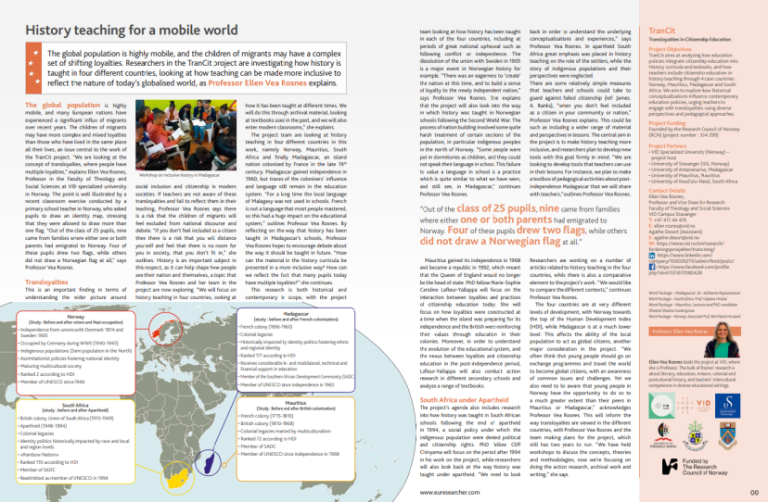
-
Historical and contemporary perspectives: The article provides an overview of how TranCit will analyze the development of history education in promoting citizenship, with an emphasis on key historical milestones and contemporary practices.
-
Transloyalties: The article explores the concept of transloyalties, its relevance in today’s multicultural classrooms, and highlights how teachers can navigate students’ diverse identities.
-
Practical implications for teachers: The article explains how TranCit will offer recommendations to teachers and policymakers on how the insights from TranCit can be integrated into teaching practices.
Partners
VID Specialized University, Norway

VID Specialized University undertakes education and research in the fields of health and social sciences, educational science, management, diaconia and theology. It offers approximately 60 programmes of study as Bachelor's, Mater's, and PhD degrees.
VID is a value-based and faith-based specialized university, with an ambition to become a full university by 2028.
Through its study programmes, VID educates knowledgeable, reflective, and courageous professional practitioners. VID has a strong research profile within practice-related research, diversity, social inequality and vulnerable groups, and global Christianity.
The letters in VID are a Norwegian acronym for Specialized (Vitenskapelig), International (Internasjonal) and Diaconal (Diakonal).
Its motto is Committed to humanity - locally and globally.
University of Stavanger, Norway
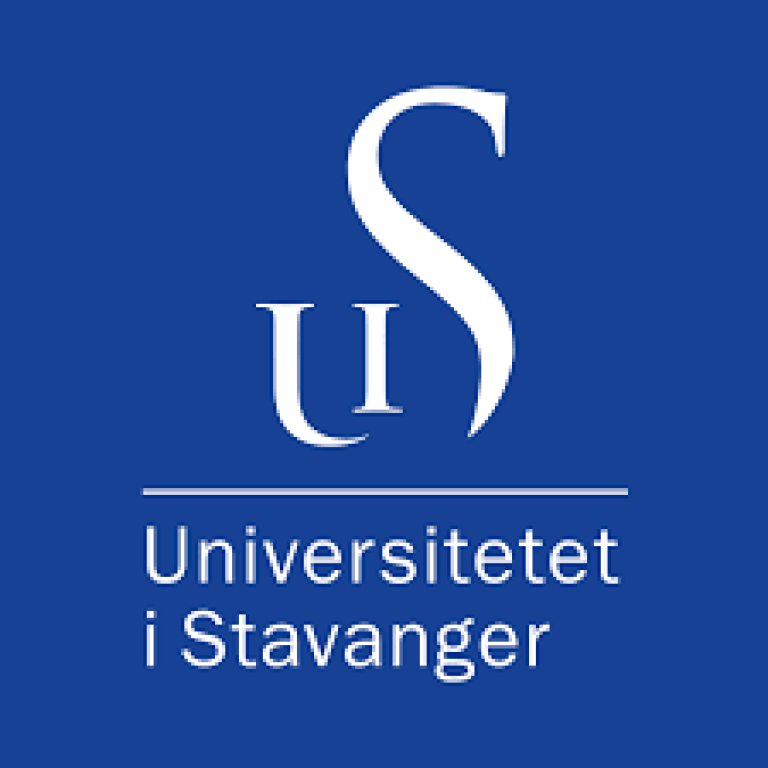
The University of Stavanger (abbreviated UiS) is Norway's fifth university, established on 29 October 2004, when the University of Stavanger (HiS) received university status following a decision by the Norwegian Cabinet. The university is organized into six faculties: the Faculty of Education and Humanities, the Faculty of Social Sciences, the Faculty of Engineering and Natural Sciences, the Business School at UiS, the Faculty of Performing Arts and the Faculty of Health Sciences. The Archaeological Museum is also part of the university. The university is also a co-owner of the state limited company Norsk Fordskningssenter. The university campus is located on Ullandhaug in Stavanger and most institutes and departments are also located here.
University of Antananarivo, Madagascar
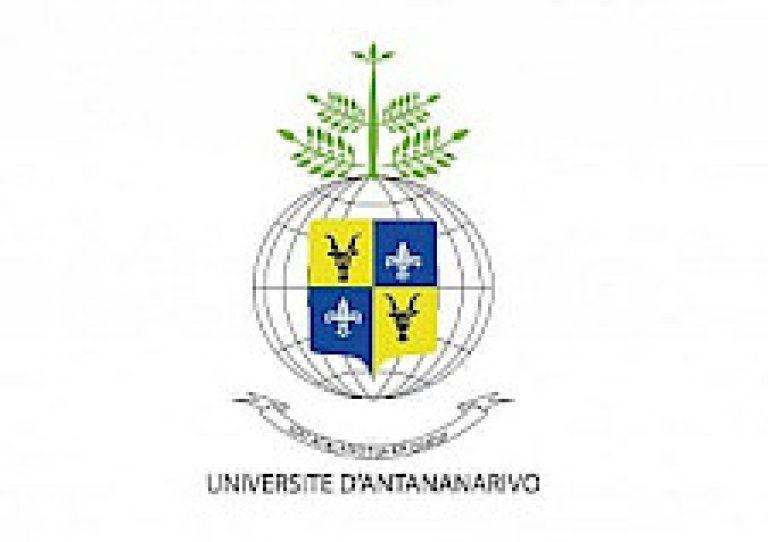
Established in 1961, the University of Antananarivo is a non-profit public higher education institution located in the metropolis of Antananarivo. Officially recognized by the Ministry of Higher Education and Scientific Research of Madagascar, the University of Antananarivo is a coeducational Malagasy higher education institution. The University of Antananarivo offers courses and programs leading to officially recognized higher education degrees.
University of KwaZulu-Natal, South Africa
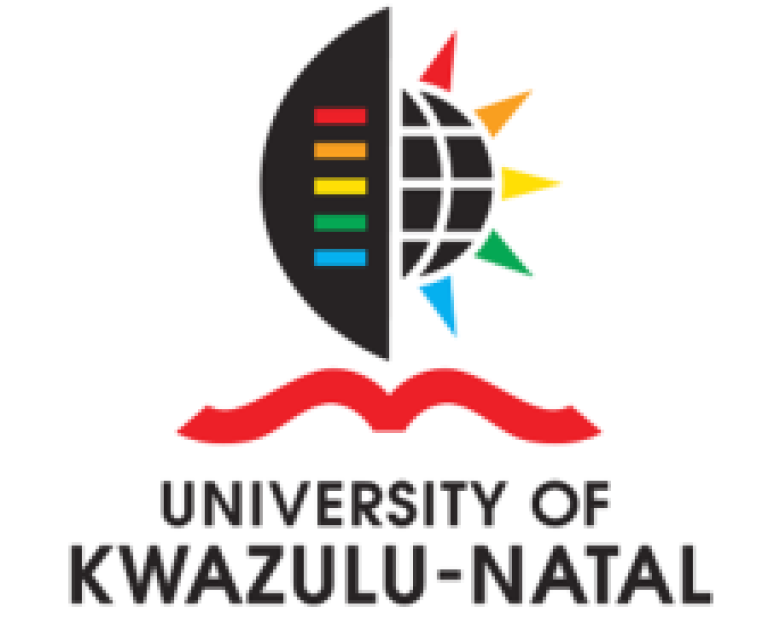
The University of KwaZulu-Natal (Abbreviated UKZN) is a leading institution of higher learning on the African continent. Boasting multiple campuses, UKZN is a residential, teaching and research-led university located in the picturesque province of KwaZulu-Natal. The University has a proud and rich heritage of academic excellence. The year 2010 marked the centenary of higher education in the province of KwaZulu-Natal a centenary of scholarship, innovation and community engagement. This vast wealth of knowledge production lies at the heart of the University's success as one of the top institutions on the African continent.
University of Mauritius, Mauritius
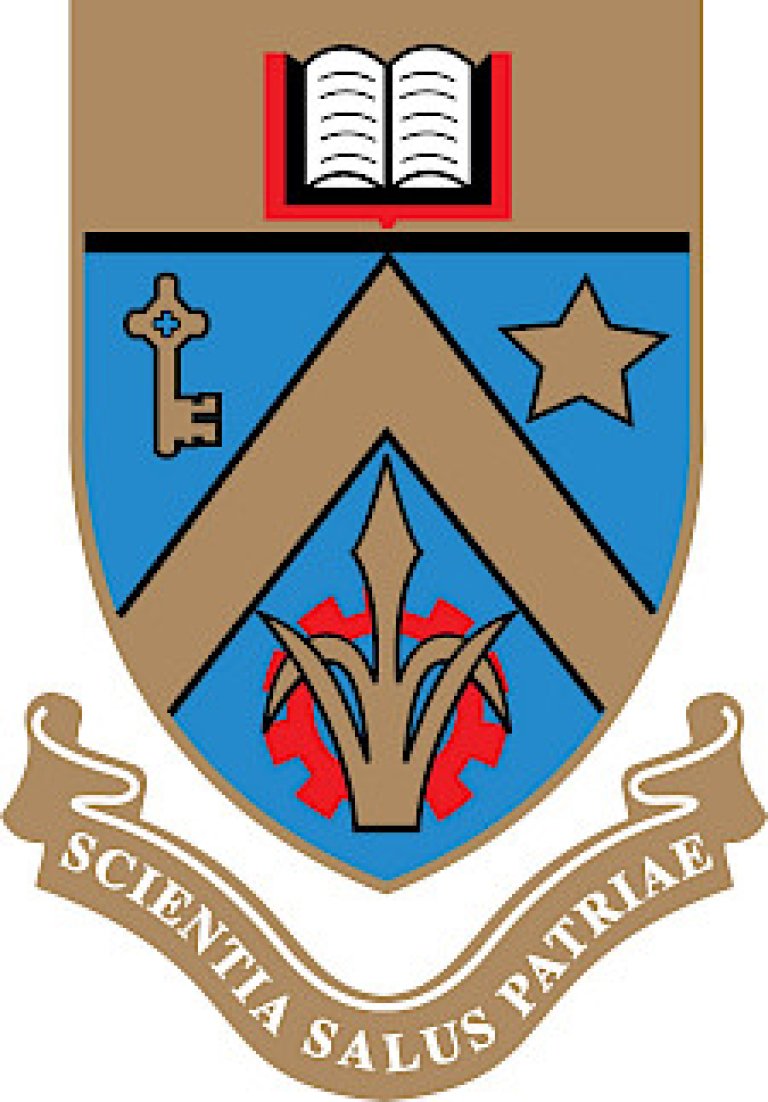
The University of Mauritius (abbreviated UoM) is the national university of Mauritius.
It was officially established in December 1965. On 24th of March 1972, Her Majesty Queen Elizabeth II inaugurated the University of Mauritius. It is the oldest and largest university in the country in terms of student enrolment and curriculum offered. The public university's main campus is located at Réduit, Moka.
Sponsor
RCN: The Research Council of Norway

The Research Council's aim is to promote a society where research is created, used and shared, and thus contributes to restructuring and enhanced sustainability.
Project number: 334 299
Project page on RCN
